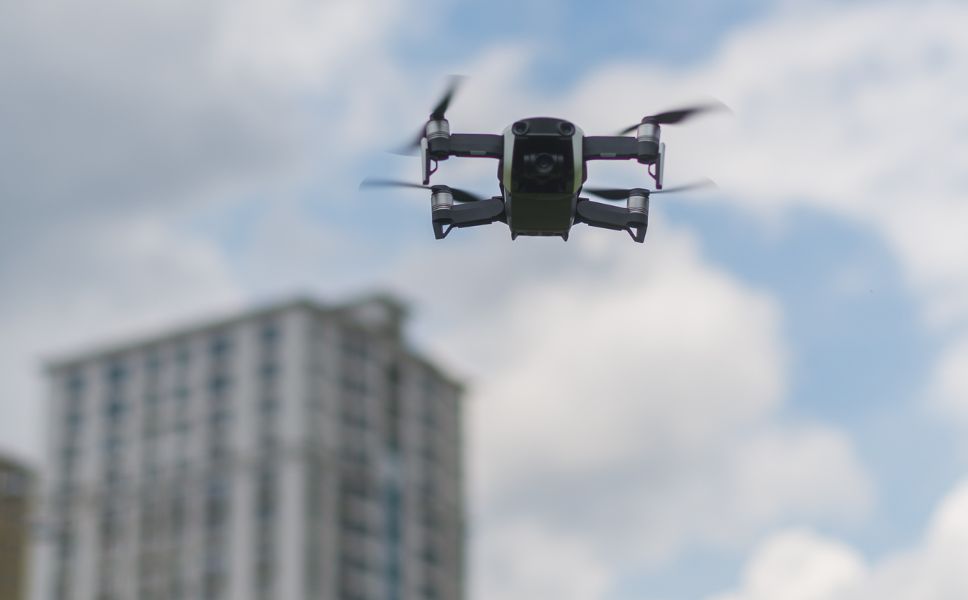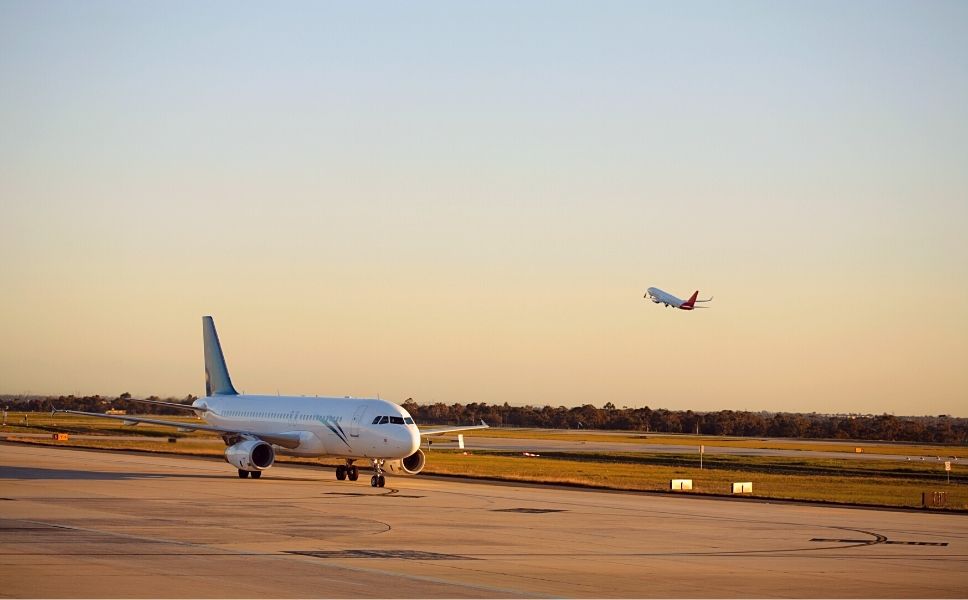
To support the design and implementation of multimodal airport access solutions, MAIA will develop a set of data analytics and modelling tools as a basis for two passenger mobility innovations: shared autonomous vehicle fleets and unmanned aerial vehicle fleets.

The EU-funded NOSTROMO project developed new approaches to ATM performance modelling, combining model transparency, computational tractability and ease of use.

TravelInt has developed a suite of big data and machine learning technologies to acquire detailed information about passenger behaviour and support decision-making processes in airport planning and management.

USEPE explored potential drone separation methods to ensure the safety of operations in urban environments, with a particular focus on densely populated areas.

The goal of SIMBAD was to develop and evaluate a set of machine learning approaches aimed at providing state-of-the-art ATM microsimulation models with the level of reliability, tractability and interpretability required to effectively support performance evaluation at ECAC level.

AICHAIN aimed to enhance ATM systems by articulating an advanced privacy-preserving federated learning architecture in which neither the training data nor the training model need to be exposed thanks to the combination of two emerging technologies: FedML and blockchain technologies.

BigData4ATM is a research project within SESAR 2020 Exploratory Research which investigated how new sources of passenger-centric data coming from smart personal devices can be analysed to extract relevant information about passengers’ behaviour and how this information can be used to inform ATM decision making processes.

BEACON studied the feasibility of extending UDPP (User-Driven Prioritisation Process) to allow multi-prioritisation processes in the airspace (e.g. encompassing departure slots, regulation slots, arrival manager slots), and exchange of slots between airlines.

ACCESS was a project within SESAR WPE Long Term and Innovative Research which addressed airport slot allocation from the perspective of complex adaptive systems. The project developed an agent-based model of the air transport network that was used to evaluate different market-based mechanisms for airport slot allocation.

INTUIT explored the potential of a variety of visual analytics and machine learning techniques to improve our understanding of the trade-offs between ATM KPAs, identify cause-effect relationships between performance drivers and performance indicators at different scales, and develop new decision support tools for ATM performance monitoring and management.

TRANSIT developed a set of multimodal KPIs, mobility data analysis methods and transport simulation tools allowing the evaluation of the impact of a set of innovative intermodal transport solutions on the quality, efficiency and resilience of the door-to-door passenger journey.

IMHOTEP developed a concept of operations and a set of data analysis methods, predictive models, and decision support tools that allow information sharing, common situational awareness, and real‑time collaborative decision-making between airports and ground transport stakeholders.










